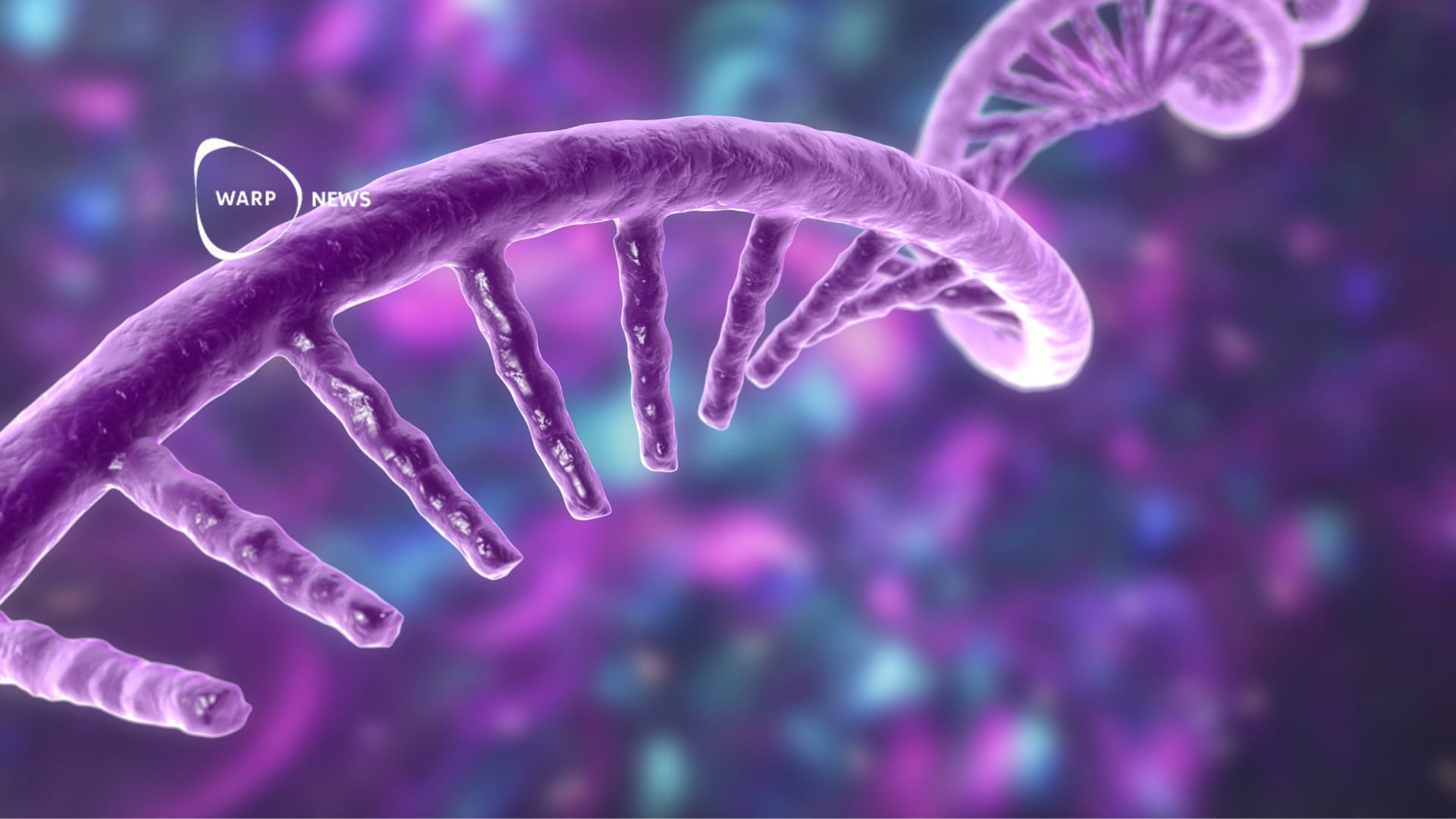
🙏The benefits of gratitude
Being grateful does good for your health and well-being, but what does it mean really? And how can you start to practice it?
Share this story!
Feelings of gratitude or appreciation come with many positive advantages. Studies show that people who feel more grateful tend to experience better physical and mental well-being, less depression, sleep better, less heart disease, and even tend to be more likable.
That is great news for those of us who happen to feel grateful, but is it any help to those of us who don’t feel grateful so often? To put it another way, is feeling grateful a personality trait that some have and some don’t, or can gratitude be learned? Paradoxically, It turns out that the answer is yes to both questions.

Gratitude is described by researchers as both a personality trait and as a state, or temporary feeling. Evidence indicates that some people seem to have higher levels of “gratitude” as a personality trait. That said, most of us can feel gratitude in specific situations, for example when we receive a gift.
Research in the science of personality indicates that personality traits can change but it usually takes time and persistent intervention, as for example, therapy or major life-changing events. It is probably much easier to “learn” to experience gratitude more frequently as a temporary feeling than to change our personalities.
Fortunately, for those of us who may not have been born with gratitude as a personality trait, both the “trait” and the “state” of gratitude appear to have the same positive effects on our well-being, according to studies.
You might be on the receiving end sometimes
But what is gratitude, really? We may all recognize feelings of gratitude when we feel them, but feelings can be hard to verbalize or explain objectively. Researchers Robert Emmons and Michael McCullough define gratitude in two-steps:
1) “Recognizing that one has obtained a positive outcome.”
2) “Recognizing that there is an external source for this positive outcome.”
In other words, appreciating the fact that our good fortune isn’t solely our own doing.
Sometimes, we are on the receiving end of kindness or good deeds by others, and sometimes we benefit from being born with a certain set of genes or from being raised in an environment that offered many opportunities. And sometimes, we just get lucky.

The practical implications of gratitude extend further than only individual well-being. A study from 2020 , conducted by researchers at Duke University, showed that practicing gratitude at work can have significant advantages for the entire organization. A study of healthcare workers who practiced gratitude revealed that they experienced higher job satisfaction, less stress, greater employee engagement and a lower frequency of burnout.
How do you do it?
If you are interested in testing the benefits of gratitude for yourself, here are a few things scientific research suggests might help.
- Gratitude journal – keep a daily journal in which you write down 3 things that you feel thankful for. Don’t forget the little things! It is great to feel grateful for getting a big promotion at work but that doesn’t happen every day. You can also feel gratitude for a sunny day or for a good book you just read.
2. Gratitude letters – write a letter thanking someone who has done something special for you, even if it was long ago. The person getting the letter will feel great, and you will too!
3. Put gratitude on the agenda – encourage employees and colleagues to talk about things they feel grateful for by putting a gratitude item on your meeting agenda. Don’t force everyone to come up with something, just give everyone the opportunity to participate if they want to. Even just listening to other people’s expressions of gratitude will get everyone else thinking about it.
4. Read more positive news (like Warp News). When we are bombarded throughout our days with problems at work and bad news from around the world we need to be reminded that there is a great deal to be thankful for.
5. Invest in important relationships – spend quality time with family and friends.
6. Get involved in voluntary activities outside of work – you don’t have to save the world! You might just be helping a child learn to kick a goal at soccer practice or to tie a knot at a scout meeting, or you might read to an elderly person at a nursing home. Every time you help someone else you are helping yourself and maybe even the world.
Kelly Odell is an award-winning speaker, leadership educater and author.
Read more by Kelly Odell:
🏆 Let other people’s pessimism make you more successful (warpnews.org)

By becoming a premium supporter, you help in the creation and sharing of fact-based optimistic news all over the world.



